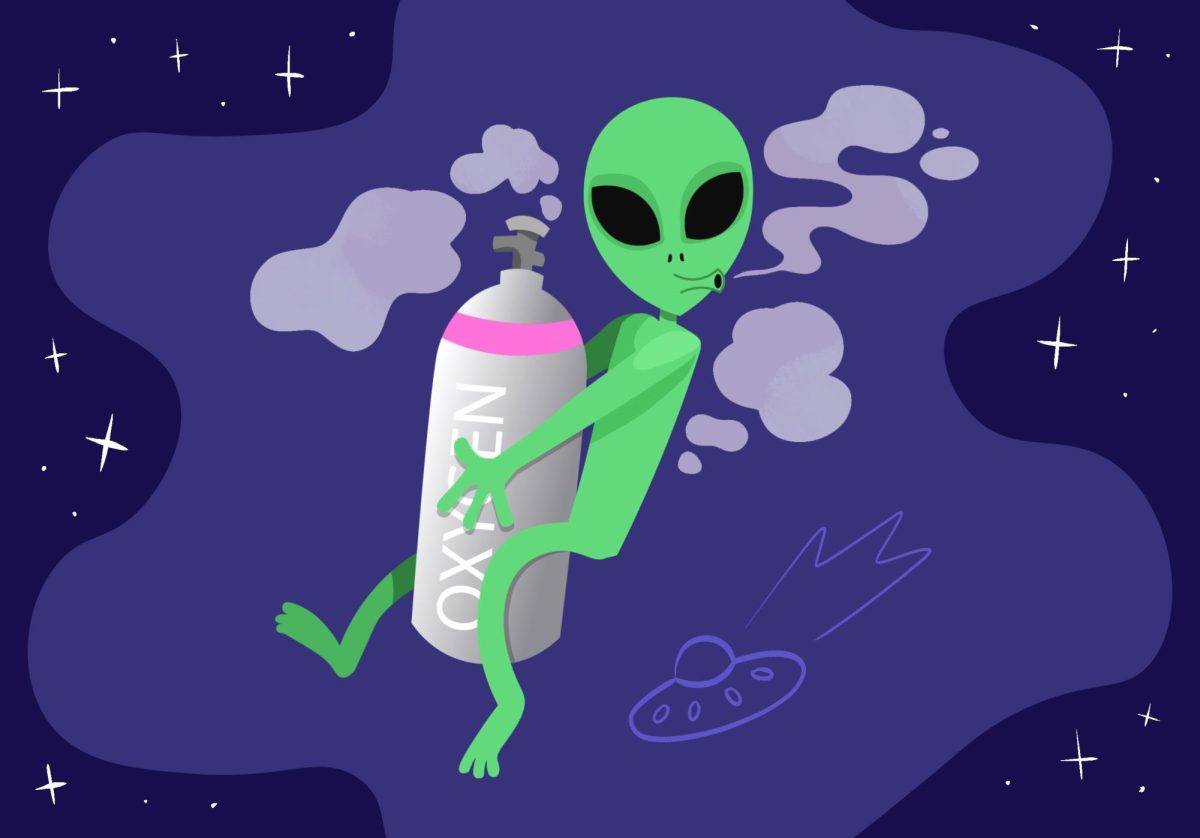In recent years, the United States has experienced a dramatic shift in its approach to marijuana, with many states opting for legalization. While Minnesota was at one time known for its cautious approach to the legalization of recreational drug use, it has now joined the ranks of other states in pursuit of promised economic benefits and social progress.
But, as everything becomes clear, it is increasingly evident the legalization of marijuana in Minnesota is not without drawbacks, particularly when it comes to addiction.
Proponents of marijuana legalization often argue it can be a solution for boosting the economy by being able to bring in new tax revenue and creating a new market for jobs. While these sorts of benefits are obvious, it is important to recognize what toll this will take on public health. The biggest concern of course being the potential surge of addiction rates, with the normalization of marijuana posing a grave danger to the well-being of society.
Those who advocate for legalization often end up downplaying just how addictive marijuana really is. They often emphasize how mild the effects are in comparison to other substances like opioids or alcohol. However, research has consistently shown that marijuana use can indeed lead to addiction, especially in adolescents. The National Institute on Drug Abuse says about 9% of all individuals who use marijuana will become addicted, and this number only rises. 17% of those who use in their teens get addicted to marijuana and a staggering 25-50% of daily users become addicted.
By following the suit of other states and succumbing to societal pressure, Minnesota only risks exposing its youth to yet another substance that has high risk for them and little reward. Studies have shown that regular use in adolescence can harm memory, attention, and the IQ of users.
The fact that these effects have been thoroughly studied, yet do not get spoken about is worrisome. Furthermore, the younger that a person begins to use marijuana, the more these issues are exacerbated and addiction is more likely.
The argument that legalization can mitigate addiction rates by bringing its use out of the shadows is flawed. In fact, this would make the problem worse by fostering a sense of complacency when it comes to marijuana use. By removing legal barriers, the perception of risk for people goes away, making marijuana use more appealing to a wider audience than even intended in the first place.
Moreover, the commercialization of marijuana, which is a natural product of legalizing it, introduces a profit motive for companies that is detrimental to public health. This causes them to create potent products and target vulnerable demographics, like young adults and communities of color. Much like companies that used to produce vape products, companies that produce marijuana products are often marketed as candy look-alikes and in flavors that appeal to youth.
Normalizing the use of highly potent products will only lead to an increase in addiction rates where users unknowingly become exposed to THC concentrations that far exceed those of marijuana of previous generations. Concentrates and edibles are becoming more and more popular, and they can contain up to 90% THC, which again poses a significant risk for addiction and adverse health effects.
Marijuana addiction goes far beyond the health concerns of an individual though. It extends to every corner of society itself. Addiction strains families, disrupts the workforce and further burdens our already overworked healthcare systems. As marijuana becomes more and more ingrained in the social fabric of Minnesota, we may find ourselves fighting against a surge in addiction treatment admissions, more strain on mental health resources, and more productivity-related issues in the workforce.
It is paramount we recognize marijuana addiction is not a problem that remains confined to the individual. It is super important to consider if legalization is worth the societal costs. For instance, in Colorado, post-legalization, traffic deaths where drivers tested positive for marijuana increased 138%, and the percent of suicide incidents in which toxicology results were positive for marijuana increased from 14% in 2013 to 29% in 2020.
These sorts of effects are not at all negligible and need to be more thoughtfully addressed.
In conclusion, while the legalization of marijuana looks promising at first glance, there are many hidden costs associated with it. Normalizing marijuana use among vulnerable populations poses a huge risk of addiction. By commercializing cannabis products, this problem is further exacerbated, because these companies are prioritizing profits over the well-being of society. As Minnesota navigates the waters of legalized marijuana, these problems will make themselves apparent, and Minnesota needs to make sure to take proactive measures to address these negative impacts on social cohesion and public health.
Alec Youngdahl is a sophomore at the University of Minnesota studying biology and hoping to attend the University of Minnesota Medical School. He comes from a family that has suffered from addiction and hopes to continue to educate others on the legalization of drugs in Minnesota and stand up against laws that promote addiction.














